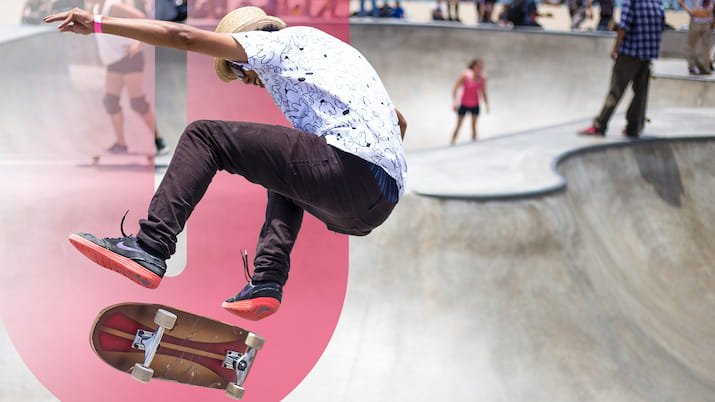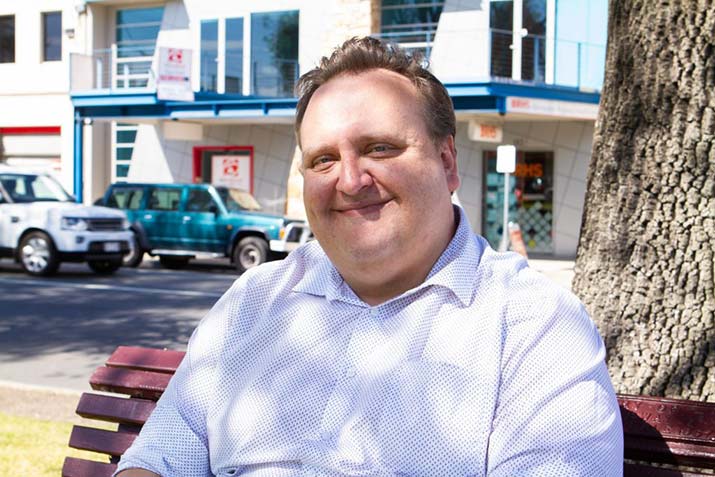How to become a police officer
Want to protect public safety and prevent crime? Here’s how to become a police officer in Australia.
Begin your policing career
- Complete your secondary school certificate or equivalent training if you’re under 21.
- Hold a full driver’s licence.
- Get a Level 1 First Aid Certificate with CPR.
- Consider a VET-level or undergraduate police course, such as the Bachelor of Policing and Public Safety.
- Go through the application process with the police force you would like to join (federal or state). You must pass a range of physical, mental, and aptitude tests to complete your police training, as well as traffic and background checks.
- Study a criminal justice or criminology degree to advance to more senior roles.
Discover criminal justice degrees
Undergraduate ECU-CRJ-DEG
Postgraduate GRF-MCJ-GCE
Postgraduate CSU-LMP-MAS
Undergraduate USQ-CCJ-ADG
Discover criminal justice subjects
Undergraduate USA-JUST2013
Postgraduate GRF-CCJ702
Postgraduate MAQ-PICX842
Related degrees
- Graduate Diploma of International Security Studies
- Master of International Security Studies
- Master of Cyber-Security, Policing, Intelligence and Counter Terrorism
- Graduate Certificate of Cyber-Security, Policing, Intelligence and Counter Terrorism
- Graduate Diploma of Cyber-Security, Policing, Intelligence and Counter Terrorism
- Master of International Security Studies/Cyber Security,Policing, Intelligence and Counter Terrorism
- Postgraduate Single Subjects
- Graduate Certificate in Professional Practice
Undergraduate UNE-CRIM324
Related degrees
What is a police officer?
The role of a police officer in Australia is to protect the public, maintain law and order, and prevent crime in the community. Keep in mind there are few steps to becoming a police officer in Australia, such as undergoing specific police training. Police officers must also be Australian citizens or permanent residents.
What does a police officer do?
As a police officer in Australia, your role will be diverse and vary from day to day. On one shift you may be the first responder to an accident or crime scene and in the next you may be providing evidence in court.
As a sworn officer, your duties may include:
- Responding to community safety concerns
- Attending accidents, critical incidents, and emergencies
- Investigating crime and interview witnesses, suspects, and victims
- Enforcing traffic law
- Responding to drug and alcohol affected people
- Keeping a diary of the duties you perform and submitting paperwork on jobs you attend
- Attending court hearings and giving evidence when needed
- Attending community events, protests, and strikes
- Talking to and assisting vulnerable members of the community.
Police officer skills
As well as meeting the official requirements to be a police officer, it will help if you develop the following skills:
- Teamwork
- Conflict resolution
- Judgement and decision-making
- Strong communication
- Attention to detail
- Courage
- First aid and CPR knowledge
- Physical fitness
Police officer salary
According to PayScale at the time of writing, the average salary for a police officer is $71,404 per year.
The exact amount will differ depending on which state or territory you work in.
Industry bodies
Criminal justice blogs

Criminologists can make a real impact on society and individuals. Find out everything you need to know about this career so you can kickstart your studies.

Want to get into youth work? Consider these career paths
If you’d like to help disadvantaged young people get back on track, then one of these careers could be right for you.

From a low ATAR to a career in criminal justice
Carmen didn't get the marks she was hoping for back in high school. Now enjoying a career in justice, she's glad she didn't take "no" for an answer.

A career 180° for criminology graduate
As a Court Assessment and Prosecutions Supervisor, Chris makes a real impact every day. Here's how he made the career switch with a degree in Criminology.
We're here to guide you there
Our student advisors can assist you with enrolment, help you plan your studies, and answer questions about how studying through Open Universities Australia can get you from where you are today, to where you want to be tomorrow.